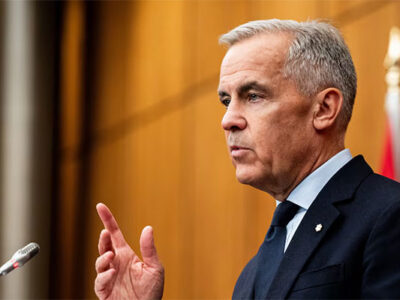Governors’ Wind Energy Coalition — The Governors’ Wind Energy Coalition announced today that it has added solar energy issues to the Coalition’s portfolio, following a unanimous vote from member governors. The Coalition also announced its new name: Governors’ Wind and Solar Energy Coalition.
“We are proud of Iowa’s leadership in wind energy and we are also encouraged by the recent growth in solar energy. The addition of solar to the Coalition’s portfolio represents a commitment to future economic and renewable energy growth, and further diversification of our nation’s energy portfolio,” said Iowa Governor Terry Branstad, who leads the Coalition as chairman this year.
“Bringing to bear the support of America’s leading governors and their commitment to both solar and wind energy, and the Coalition’s high-quality policy work, this group can have significant influence. Adding solar energy will strengthen our voice.”
Since its creation, the Coalition has successfully supported policies that promote wind energy. In 2015, the bipartisan, 22-member Coalition advocated forcefully for a long-term extension of the federal Renewable Energy Production and Investment Tax Credits. Both were extended by Congress and signed by President Obama as part of the omnibus appropriations bill in December 2015. The addition of solar energy will help the Coalition engage both Congress and the President on other important issues, such as the storage and movement of energy and research and development. The solar and wind industries share a common vision of a greener and homegrown American energy future. Benefits to consumers include fixed-price electric power with long-term savings, rewarding careers in rural communities, and cleaner air.
“I support the foresight of my colleagues to broaden the Coalition’s focus and include solar energy development as a policy priority,” said Rhode Island Governor Gina Raimondo, vice chair of the Coalition. “Wind and solar provide complementary benefits to the U.S. electric grid and will help diversify the country’s energy mix. The need for states to take a broader view of renewable power is clear.”
“I am proud to work with governors from across the country, and both parties, to advance renewable energy,” said Washington Governor Jay Inslee, who served as the Coalition’s chairman in 2015 and helped to add solar energy to its portfolio. “The exciting growth of both wind and solar energy provide our states with tremendous economic opportunities, as well as the ability to reduce emissions, protect public health, and build a more prosperous and sustainable American clean energy future.”
When the Governors’ Wind Energy Coalition was formed seven years ago, wind energy resources supplied about 1 percent of the nation’s electricity. Today, wind energy provides over 5 percent of the nation’s electricity needs and employs over 73,000 Americans. In some states, wind energy meets over 25 percent of electricity demand. Wind’s contribution to the nation’s electricity supply is likely to exceed 20 percent a decade from now. This remarkable progress would not have been possible without the leadership of the Coalition’s governors working with federal leaders, the wind industry, and economic development leaders.
Solar energy is another key renewable energy resource that shares many technical and policy interests with wind energy. Solar is expected to supply more than 3.5 percent of the nation’s electricity by 2020, an increase of well over 3000 percent in just a decade. Today, nearly 209,000 Americans work in the solar industry, and that number is expected to more than double by 2021. Wind and solar energy generation combined could one day supply the great majority of the nation’s electrical energy needs.
The Governors’ Wind & Solar Energy Coalition is a bipartisan group of the nation’s governors who are dedicated to the development of the nation’s wind and solar energy resources to meet America’s domestic energy demands in an environmentally responsible manner — while reducing the nation’s dependence on imported energy sources and stimulating state and national economic development.













Comments